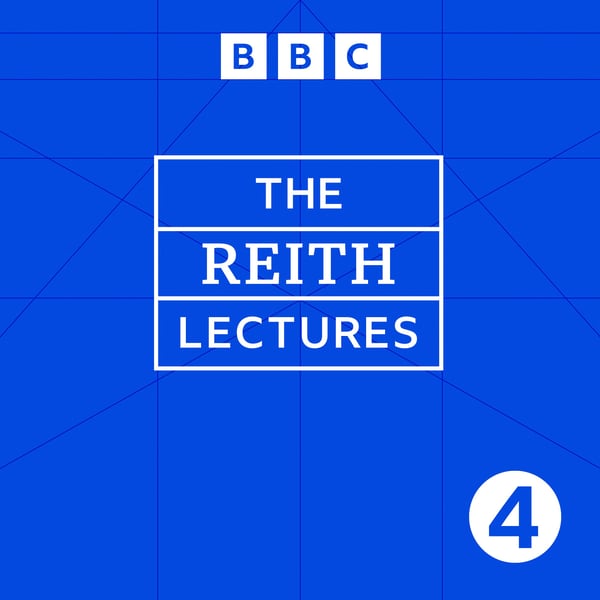Summary
Philosopher and cultural theorist Kwame Anthony Appiah argues that when considering religion we overestimate the importance of scripture and underestimate the importance of practice.
He begins with the complexities of his own background, as the son of an English Anglican mother and a Ghanaian Methodist father. He turns to the idea that religious faith is based around unchanging and unchangeable holy scriptures. He argues that over the millennia religious practice has been quite as important as religious writings. He provides examples from Jewish, Christian, Islamic and Buddhist texts to show that they are often contradictory and have been interpreted in different ways at different times, for example on the position of women and men in Islam. He argues that fundamentalists are a particularly extreme example of this mistaken scriptural determinism.
The lecture is recorded in front of audience at the London School of Economics and Political Science. The series is presented and chaired by Sue Lawley. Future lectures will examine identity in the contexts of country, colour and culture.
The producer is Jim Frank.
Transcript
Click on a timestamp to play from that location
| 0:00.0 | Hello and welcome to the 2016 Reith Lectures. |
| 0:04.0 | We begin the series at the London School of Economics and Political Science. |
| 0:09.0 | It was founded in 1895 for the betterment of society quotes, |
| 0:14.0 | and boasts President Kennedy and Mick Jagger among its alumni. |
| 0:19.0 | The subject of our lectures this year is identity. What is it that makes |
| 0:23.5 | us who we are? Our country, our colour, our religion, or our culture? Is it none or is it all of these |
| 0:30.0 | things? Tackling these questions is a philosopher who's written extensively on subjects such as |
| 0:36.1 | ethics, honour and cosmopolitanism. |
| 0:38.3 | He's also, by the way, written a handful of highly entertaining detective novels. |
| 0:43.3 | His parents made headlines when they married here in 1953. |
| 0:48.3 | Theirs was said to be the first interracial society wedding |
| 0:52.3 | and an inspiration for the film Guess Who's Coming to Dinner. |
| 0:56.0 | His mother was the daughter of Sir Stafford Cripps, the post-war Chancellor of the Exchequer, |
| 1:01.0 | and his father was an independence activist from what was then called Gold Coast, now Ghana. |
| 1:07.0 | His own marriage also made a small piece of social history when four years ago he married his long-term partner within days of same-sex marriage being recognised by the state of New York. |
| 1:18.6 | So, born in the UK, a childhood spent living in Ghana back and forth to boarding school here in England, on to Cambridge, a teacher at some of the world's top universities, |
| 1:29.3 | Yale, Cornell and Harvard, and now professor of philosophy and law at New York University. Here then |
| 1:36.4 | is a man who successfully crossed so many different boundaries, someone qualified to opine on the nature |
| 1:44.0 | of identity in all its forms. |
| 1:46.1 | Ladies and gentlemen, to deliver the first of four lectures under the title of mistaken identities, |
| 1:52.5 | please welcome the BBC 2016 Reith Lecturer, Kwame Anthony Appiah. |
| 1:58.1 | Thank you. Kwame Anthony Appiah. |
... |
Transcript will be available on the free plan in -3087 days. Upgrade to see the full transcript now.
Disclaimer: The podcast and artwork embedded on this page are from BBC, and are the property of its owner and not affiliated with or endorsed by Tapesearch.
Generated transcripts are the property of BBC and are distributed freely under the Fair Use doctrine. Transcripts generated by Tapesearch are not guaranteed to be accurate.
Copyright © Tapesearch 2025.

